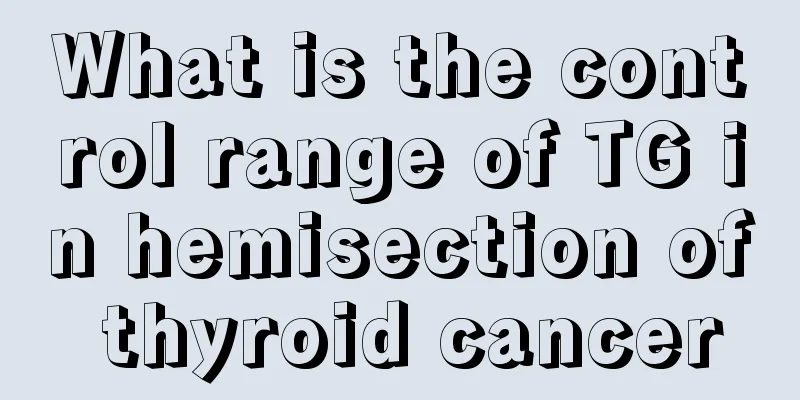Does smoking cause prostate cancer recurrence?

|
Smoking is a risk factor for many tumors, but it seems to be controversial in prostate cancer (PCa). Some studies even show that current smoking status can reduce the risk of PCa. At the same time, biochemical recurrence after PCa radical surgery is also an important problem faced by PCa patients. So, what is the relationship between smoking and biochemical recurrence? Recently, Rieken and other scholars from Weill Cornell Medical College in the United States explored the correlation between biochemical recurrence in patients after radical resection of PCa and preoperative smoking status, cumulative smoking exposure, and time before smoking cessation. The results showed that smoking can increase the risk of PCa biochemical recurrence, but quitting smoking for more than 10 years can reduce this risk. The article was published in the recent European Urology. This retrospective study included 6538 patients who underwent radical resection of PCa (lymph node negative) from 2000 to 2011 and did not receive neoadjuvant chemotherapy. The study indicators included clinical pathology and smoking-related variables such as smoking status, number of cigarettes smoked per day (CPD), duration and time to quit smoking, etc. The primary endpoint was the occurrence of biochemical recurrence, that is, PSA>0.2ng/ml in two consecutive follow-up visits. The analysis results showed that among 6538 patients, the number of never, former and current smokers were 2238 (34%), 2086 (32%) and 2214 (34%), respectively, and the patients were divided into three groups based on this. The median follow-up time without biochemical recurrence was 28 months. There were no significant differences in Gleason score, extracapsular invasion, seminal vesicle invasion, and positive surgical margin among the three groups of patients. The five-year biochemical recurrence-free survival rates of the three groups were 90%, 84%, and 83%, respectively. Compared with non-smokers, patients who were past and current smokers had a higher risk of PCa biochemical recurrence. However, quitting smoking for more than 10 years can reduce the risk of biochemical recurrence. In addition, multivariate analysis found no significant association between cumulative smoking exposure and the risk of biochemical recurrence. It is better to avoid it with one blow than to rise first and then fall. The above results indicate that smoking status is closely associated with biochemical recurrence after PCa radical resection, and the risk of biochemical recurrence in patients with past and current smoking is almost twice that of non-smoking patients. The adverse effect of smoking on biochemical recurrence seems to be alleviated when smoking is quit for more than 10 years. This is a wake-up call for smoking patients. Smokers need to fully realize the impact of smoking on PCa prognosis. Doctors also need to play a broader role in the health management of smokers. |
>>: What tests should be done for prostate cancer? There are 4 tests to be done for prostate cancer
Recommend
How to kill brown crab
The king crab is a very common type of crab. It i...
About the method of removing freckles
Spots have become an eye problem that troubles mo...
The main diagnostic method for breast cancer
Among the many diseases of the breast, breast can...
What are some tips for relieving migraine pain?
Headache is a rather troublesome symptom. When it...
What to do if the kettle boils dry and turns black
Many people have experienced the situation where ...
Is the yogurt you ferment yourself good?
Nowadays, there is nothing that you cannot learn ...
What meridian is on the inner side of the calf
The patency of meridians is very important for ou...
Why is there water in the refrigerator
A refrigerator is one of the essential appliances...
Can I drink hot water from a cup made of as material?
Now more and more people are beginning to pay att...
What are the treatment and nursing methods for bradycardia
Bradycardia is a type of heart disease and is usu...
Will cervical precancerous lesions turn into cancer? What are the common misconceptions about cervical cancer?
Cervical cancer is known as the "pink killer...
What to do if your face stings and turns red after hydrating
Everyone loves beauty. Perhaps everyone wants to ...
What to do if you have high blood pressure during the pre-employment physical examination
Many people will undergo a physical examination b...
Can early pancreatic cancer be cured?
For this disease, if pancreatic cancer occurs dur...
What are the traditional Chinese medicines for treating ovarian cancer? These 4 traditional Chinese medicines can treat ovarian cancer
There are many traditional Chinese medicines for ...









